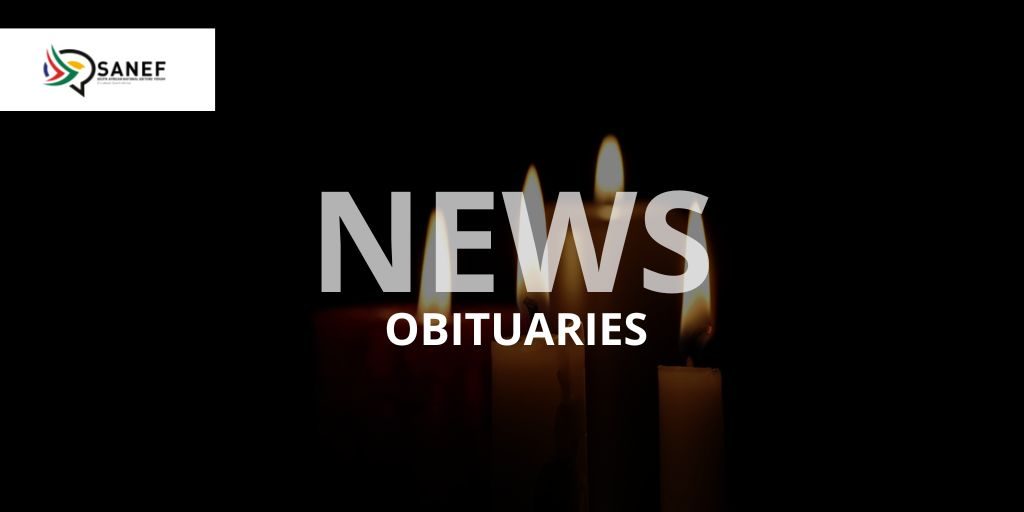Speech Presented by the Minister of Science and Technology, Mrs Naledi Pandor – SANEF May Council
INTRODUCTION
• Good morning, ladies and gentleman, let me first thank Ms Femida Mehtar, the SANEF Executive Director, and the SANEF Council for agreeing to meet with us.
• We requested this meeting to talk to the SANEF leadership about the South African-led bid to host the Square Kilometre Array radio telescope, or SKA, in Africa.
• Some of your publications, in particular the LeadSA collaboration between Primedia and Independent Newspapers, have already carried extensive stories about Africa’s bid for the SKA.
• Recently we had in insertion in the Sunday Times and City Press also on the SKA aimed at creating public awareness about our bid for the SKA and the MeerKAT.
BACKGROUND
• Africa is bidding against Australasia to host the telescope. The decision on who will host the SKA will be made by an International SKA Council early in 2012.
• The African bid to host the SKA is led by South Africa and includes eight partner countries, namely, Botswana, Ghana, Kenya, Madagascar, Mozambique, Mauritius, Namibia and Zambia.
• Construction is expected to begin in 2016 and to be completed by 2025. Construction of the necessary infrastructure will commence earlier.
• South Africa is building the MeerKAT in Carnarvon in the Northern Cape partly as a pathfinder telescope to develop SKA technologies and test costs, but it will be a world-class telescope in its own right.
• The 64-dish MeerKAT will be the Southern Hemisphere’s most powerful radio telescope until the SKA is built.
• Close to 100 young scientists and engineers are working on developing and constructing MeerKAT and many others in our universities are working on related projects.
• The five first years of the MeerKAT’s operations have already been allocated to 10 major international observing programmes.
• MeerKAT has helped us reach a tipping point, where outstanding senior and junior researchers are now wanting to come to work on the project in RSA.
WHY IS THE SKA AN IMPORTANT PROJECT?
• It will attract highly accomplished international researchers.
• It is attracting some of our best young people into science and engineering study and research and helping to retain them in SA
• It will significantly add to our existing astronomy science achievements and reputation.
• It will create a global hub for astronomy in Africa. And will make Southern Africa a world centre of science
• It will help to change the way the world sees us and we see ourselves – we can be a leading nation in science and technology
AFRICAN UNION SUPPORT
• At the 15th AU Summit in Uganda last year, the African Heads of State endorsed the SKA bid. Prior to this the African Ministers for Science and Technology (AMCOST) made a similar undertaking.
• Both the AU and AMCOST stressed the importance of the SKA for the growth of science, technology and innovation in the region, and called on Africa’s development partners and the global scientific community to support South Africa’s bid on behalf of Africa.
WHAT ARE THE BENEFITS OF THE SKA?
• Developing large-scale astronomy facilities such as the MeerKAT and the SKA can become a powerful driver of socio-economic development in the region.
• The main benefits will be in the area of human capital development and innovation capabilities.
• The telescope and infrastructure will generate construction employment and work in maintenance and operations in South Africa and the African partner countries.
• Since 2005, the African SKA human capital development programme has awarded 293 grants for undergraduate and postgraduate study in physics, astronomy and engineering, as well as technician and artisan training.
• To date R110 million has been spent on the human capital development programme.
• Expanding the number of Africa’s scientists and technicians will allow South Africa and Africa to play an increasingly important role in the global knowledge economy.
• Africa is seen as the next great business destination. The SKA will help to grow the science and technological capacity necessary to make it a centre for economic activity beyond just the production of raw materials.
• The infrastructure required to reach its economic potential and to make Africa a major business destination needs technically and scientifically skilled people for its construction, operation, maintenance and use.
CONCLUSION
• Drs Bernie Fanaroff and Adrian Tiplady will provide further details on the SKA during their presentations.
• In conclusion, I urge you as editors, journalist trainers and senior journalists to support Africa’s bid to host the SKA and the development of our own world-class MeerKAT telescope.
• Thank you.
Socials
Twitter: @SAEditorsForum
Email: [email protected]
Website: SANEF



